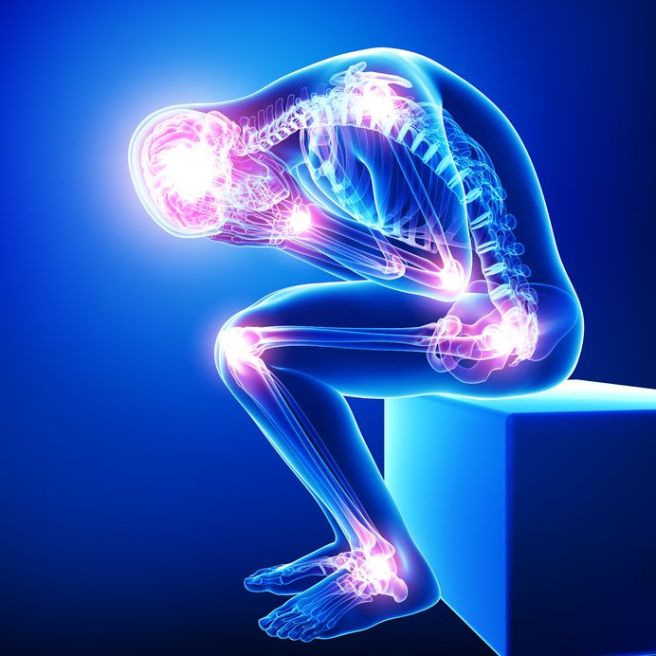 Publilius Syrus in the first century B.C. wrote “when Fortune flatters, she does it to betray.” Plutarch reinterpreted this as “I see the cure is not worth the pain.” Somewhere over the past two thousand plus years we have lost the connection between humanity and the humane.
Publilius Syrus in the first century B.C. wrote “when Fortune flatters, she does it to betray.” Plutarch reinterpreted this as “I see the cure is not worth the pain.” Somewhere over the past two thousand plus years we have lost the connection between humanity and the humane.
Setting religion aside and ignoring the politics and ethics of Dr. Kevorkian, it is, none the less, barbaric how we treat our loved ones at the end of their lives.
We have somehow bridged the moral abyss with compassion for our beloved pets by “humanely” putting our beloved pets out of their senseless misery, ending their meaningless pain, answering their pleading eyes with the selfless, heartrending compassion of euthanasia.
We have somehow sanitized capital punishment of the worst criminals from fatal and barbaric corporal punishment to a “humane” (although still debatably barbaric) dream-like sleep out of existence.
And yet, we allow our loved ones to face “natural” death filled with a fear, pain and confusion making anything that happened at Abu Ghraib look like Walt Disney World.
This suffering is multifaceted. Of course, there is the physical pain, which is no better controlled today than it was 50 years ago. The opioids still rule as the best we have to offer. The problem is that they are systemic, meaning that they travel throughout the entire body. If the pain is in the hip, the hip gets the morphine, but so, too, do the little finger, the ear lobe and the brain. The result is that the little finger and ear lobe are no better or worse, the hip suffers an incomplete relief of pain and the brain suffers the confusion, paranoia, nausea and narcolepsy unnecessary to treatment. This is the best medicine has to offer in 2014? The other suffering it brings is to the family members who must endure watching the physical suffering of those they love hampered by the incomplete relief of pain. Meaningless suffering is the worst kind. Love of another means the willingness to shoulder their burden. The helplessness felt by the family member watching their loved one jerk in pain or crying out as they try to move them or comfort them is an indelible stain on their soul.
The suicidal mission of cancer adds to the frustration. Bent on destroying its host, even at its own annihilation, cancer never rests. To paraphrase Siddhartha Mukherjee from his book The Emperor of All Maladies, cancer cuts the brake lines of some cells and jams the gas pedals of others, stopping the natural cell regulation process and sending the cancer cells into a proliferating frenzy steamrolling every other cell in its path. In his or her clearer moments, so too, the cancer patient undergoes a civil war; one side, engrained in all of us, pulls us to live, to continue fighting, while another force, armed with logic, understanding and ultimately love, forces the patient to begin facing the inevitable truth with no regrets and peace.
In his book Man’s Search for Meaning, concentration camp survivor and psychologist Victor Frankl describes inmates of the camps as surviving long stretches if they could find meaning in their suffering. Some held on to the hope of outlasting the Nazis and returning to their loved ones (should any of them have survived), others found peace looking up at the sky and imagining conversations with their loved ones wherever they might then have been. Life was worth living if they held a kernel of meaning in their suffering.
I have searched and considered and yet find no meaning in the suffering loved ones endure at the end of their lives given the current state of medicine. Pain is pain and on a scale of 1 to 10, anything above a 1 means the medical field has failed. The root word of both humane and humanity is human, from the Latin humanus. However, we reserve those words for our treatment of pets and prisoners, not our loved ones. For them, and for ourselves, it is inhuman what we put them through, for them and for us it is nothing short of torture.
